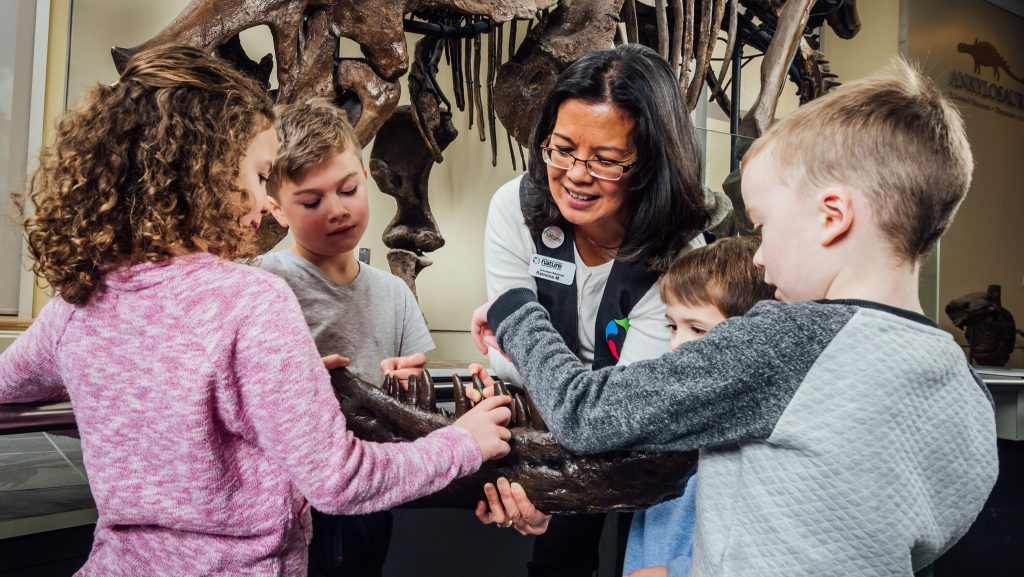Canada needs to review Chinese funded research, says expert
Posted Feb 4, 2023 09:00:00 PM.
On Jan. 30, Conservative foreign affairs critic Michael Chong called on the Liberal government to ban military research partnerships with China. Stephanie Carvin, associate professor of political science at Carleton University, said more rules and policies are definitely needed.
According to reporting by The Globe and Mail, 50 Canadian universities have partnered with Chinese counterparts to conduct military research, some of which included topics like missile guidance systems.
This is despite the Canadian Security Intelligence Service (CSIS), Canada's spy agency, reporting on numerous occasions that Beijing poses a significant threat to Canada's national security and intellectual property.
Speaking on The Sam Laprade Show, Carvin said the issue stems from a long-standing policy encouraging universities to look internationally for supplemental research funding.
“For the last 20 years, the Canadian government has encouraged scholars to find a lot of grant money abroad,” said Carvin. “So, Canadian universities were, for a very long time, encouraged to partner with China.”
However, now that Canada's relationship with China has changed, and the West's more generally, a shift in policy is due.
“I think there needs to be some kind of policy at both the federal and provincial level for universities that sets out the kinds of grants that are okay, and these are the ones that perhaps need a little bit more review, a little bit more scrutiny going forward,” Carvin said.
The concern over these partnerships go beyond military security to economic national security, Carvin adds. Intellectual property being stolen from Canadian universities and private companies is resulting in Chinese firms outbidding Canadian firms for major contracts globally.
Add in human rights concerns, and partnerships with Chinese universities become increasingly complicated.
The genocide against the Uighur population in China's Xinjiang province is a concern for researchers, who are questioning whether advancements made in artificial intelligence and facial recognition through Canadian-Chinese partnerships are being used to oppress and suppress the Muslim minority population.
“Is it being used to those ends? That's really bad thing for Canada,” said Carvin. “I think we need to be asking ourselves a lot of hard questions about where we want this to go.”
However, separating universities from these grants may be a difficult task given how much academia in Canada relies on the funding.
“Let's face it, universities run on grants,” Carvin said. “There is a broader conversation to be had here.”
Listen to the full interview with Stephanie Carvin on The Sam Laprade Show below.








